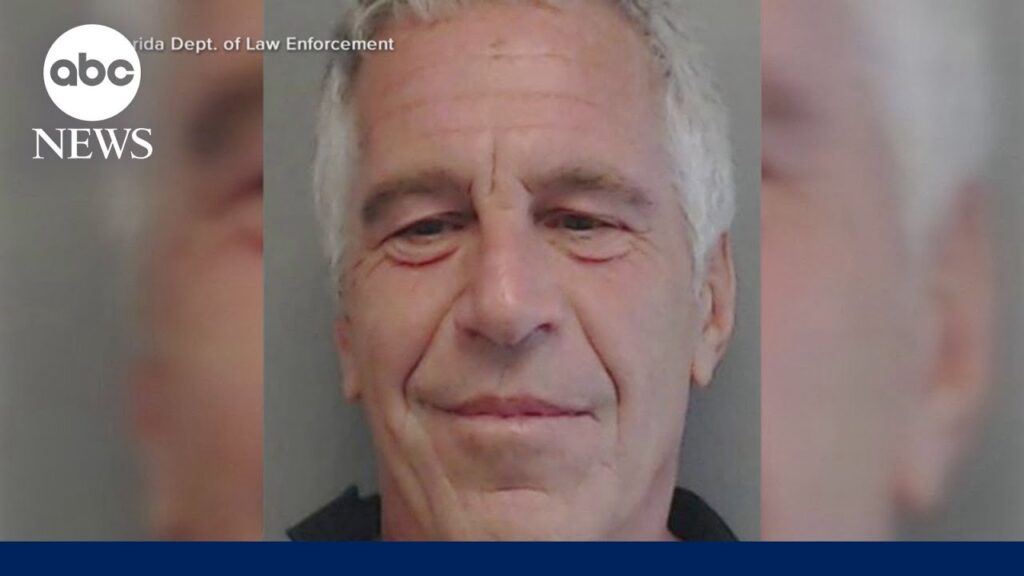The revelations contained in these newly released 2018-dated emails of Jeffrey Epstein add a striking new dimension to how we understand his network, ambition and self-presentation during the final years of his life. In one exchange from June 24 2018, Epstein wrote to former Norwegian Prime Minister Thorbjørn Jagland: “I think you might suggest to Putin that Lavrov can get insight on talking to me.” ABC News+1 In the same thread he remarked of the late Russian ambassador Vitaly Churkin: “He understood Trump after our conversations… it is not complex. He must be seen to get something. It’s that simple.” ABC News+1
What stands out here is the boldness of the claim. Epstein presents himself not merely as a socialite or financier, but as someone who offers political advice on how global actors — in this case the Russian Foreign Minister Sergey Lavrov and possibly President Vladimir Putin — might engage with a sitting U.S. President, Donald Trump. If true, this suggests Epstein regarded himself as a sort of political intermediary, plugging into high-stakes international diplomacy. The email implies that Epstein believed his “insight” into Trump’s psyche — how “he must be seen to get something” — gave him leverage with foreign officials. That is a significant claim for someone already widely known for his criminality and reprehensible behavior.
In broader context, these documents come amid the release by the U.S. House Oversight Committee of tens of thousands of pages of Epstein correspondence. These records show he maintained extensive linkages to powerful people including media figures, political advisors and financial elites. CBS News+1 In that light, the June 2018 email is especially interesting: it situates Epstein at the intersection of global diplomacy, media strategy and elite networking. The content of the email reveals a blend of braggadocio and strategic posturing. He says someone “understood Trump after our conversations” — implying Epstein’s own credibility and unique understanding of Trump’s identity and behavior.

Another dimension to this is how this email frames Trump — not merely as a subject of transaction, but as someone to be managed: “He must be seen to get something. It’s that simple.” Here Epstein distills his perceived strategy for Trump-engagement: make the target feel they are achieving benefit. This is a classic political heuristic: recognition, reward and visibility matter. That Epstein felt empowered to give this advice at that level suggests he believed he still had currency in global power circles.
From a narrative standpoint, these revelations complicate the story of Epstein and Trump’s relationship. While it is known the two were acquaintances, these documents raise the question of power-dynamics and agency. Epstein positioning himself as offering advice to others about Trump implies a role beyond mere friend or social cameo: he may have attempted to influence or orchestrate perceptions of Trump among foreign actors. Crucially, the email does not prove that any meeting between Epstein and Lavrov or Putin occurred — Jagland’s reply suggests he would bring it up, but it remains unclear if it proceeded. ABC News Nonetheless, the fact of the outreach itself is noteworthy.
Another important implication is how this fits into Epstein’s broader efforts to rebuild influence after his 2008 conviction and continuing criminal allegations. By 2018, Epstein was under increasing legal scrutiny. Yet these emails suggest he was still projecting influence, trying to remain a gatekeeper and adviser. The reference to Trump gives him proximity to arguably the most powerful person on the planet at that time. That proximity may have been part of how he sought to rehabilitate his image or at least leverage his network status.
Moreover, the revelation also tells us something about the flow of influence: how individuals like Epstein tried to insert themselves into geopolitical conversations via back-channels. The mention of Russian diplomacy is especially sensitive given the broader discourse around Trump-Russia relations in that era. Whether or not Epstein’s overture succeeded, the mere attempt shows the reach he was striving for.
For you as a viewer, this email exchange exemplifies how elite networks operate beneath the surface of public politics. It underscores the interplay of money, influence, reputation and diplomacy. Watching this video gives you insight into not just one scandal, but into a mode of international power-brokerage: private individuals with questionable histories yet significant connections attempting to shape perception, narrative and access.
From a production and educational standpoint, this kind of material is rich: it allows for discussion of political strategy (“He must be seen to get something”), diplomacy (“suggest to Putin that Lavrov can talk to me”), reputational management (Epstein continuing to present himself as powerful), and ethical concerns (a convicted sex offender still dangling access to world leaders). It invites questions: Why was Epstein still accepted into these circles? What does it say about the boundaries of influence? How much of this crosses into manipulation or strategic misdirection?
In summary, the 2018 email chain is a compelling fragment in the larger mosaic of Epstein’s final years. It doesn’t give all the answers, but it raises provocative questions. The key take-aways: Epstein believed himself to have strategic value to international actors; he positioned himself as an interpreter of Trump’s psyche to foreign officials; his outreach to Russian and European power players suggests global ambitions far beyond what the public had fully appreciated; and even under legal cloud, he maintained an expansive vision of influence-brokerage. For watchers of politics, power and scandal, this is a moment worth studying — because it reveals how informal networks and unofficial advisers operate in the shadows of formal diplomacy.


